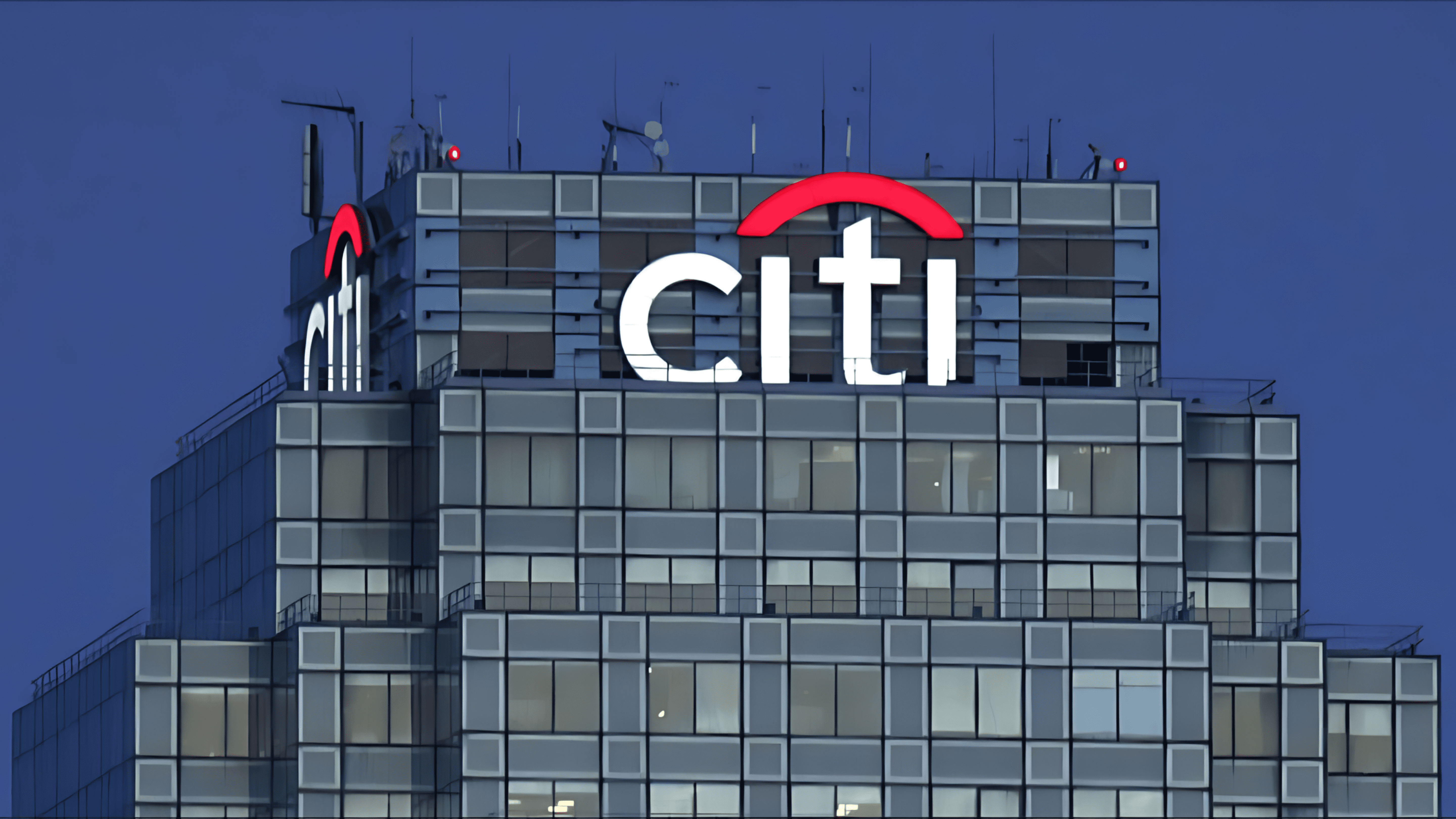Key Impact Points
- Corporate Responsibility: The new directive mandates firms to mitigate adverse impacts on human rights and the environment, including issues like slavery, child labor, and pollution.
- Global Scope: Companies with over 1000 employees and a worldwide turnover exceeding €450 million must comply, regardless of EU or non-EU status, expanding accountability to a broad spectrum of businesses.
- Enforcement and Penalties: Member states will establish supervisory authorities to enforce compliance, with fines of up to 5% of a company’s net worldwide turnover for non-compliance.
- Victim Compensation: Firms will be liable for damages caused by breaching due diligence obligations, ensuring compensation for victims of corporate misconduct.
In a landmark decision, the European Parliament has overwhelmingly approved new regulations aimed at ensuring corporate accountability and environmental stewardship. With 374 votes in favor, 235 against, and 19 abstentions, the “due diligence” directive represents a significant step towards holding companies accountable for their impact on society and the planet.
Lead MEP Lara Wolters hailed the vote as a milestone for responsible business conduct, stating, “Today’s vote is a considerable step towards ending the exploitation of people and the planet by cowboy companies.” Wolters emphasized the directive’s role in combating issues like labor exploitation, biodiversity loss, and pollution, aligning with global sustainability goals.
Under the new rules, EU companies and non-EU firms operating within the EU market will be required to integrate due diligence into their operations, supply chains, and business plans. This includes conducting risk assessments, seeking contractual assurances from partners, and supporting small and medium-sized enterprises to ensure compliance. Additionally, companies must adopt a transition plan to align their business models with the Paris Agreement’s target of limiting global warming to 1.5°C.
Member states will play a crucial role in enforcement, establishing supervisory authorities to investigate and penalize non-compliant firms. Penalties for breaches of due diligence obligations could amount to fines of up to 5% of a company’s net worldwide turnover. Moreover, companies will be held liable for damages caused by their actions and required to fully compensate victims.
Change the World - Subscribe Now
The directive’s impact will be gradual, with different timelines for compliance based on company size and turnover. Starting from 2027, larger companies with over 5000 employees and a worldwide turnover exceeding €1500 million will fall under the directive’s scope, followed by firms with 3000 employees and a €900 million turnover in 2028. By 2029, all remaining companies within the scope of the directive will need to comply.
This legislative move by the European Parliament aligns with ongoing efforts to promote corporate accountability and sustainability. It complements existing and forthcoming regulations targeting issues like deforestation and conflict minerals, reflecting a holistic approach to ethical trade and responsible consumption.
The directive now awaits formal endorsement by the Council before being signed into law and published in the EU Official Journal. Once in force, member states will have two years to transpose the regulations into their national laws, marking a new era of corporate responsibility and environmental stewardship in the European Union.












